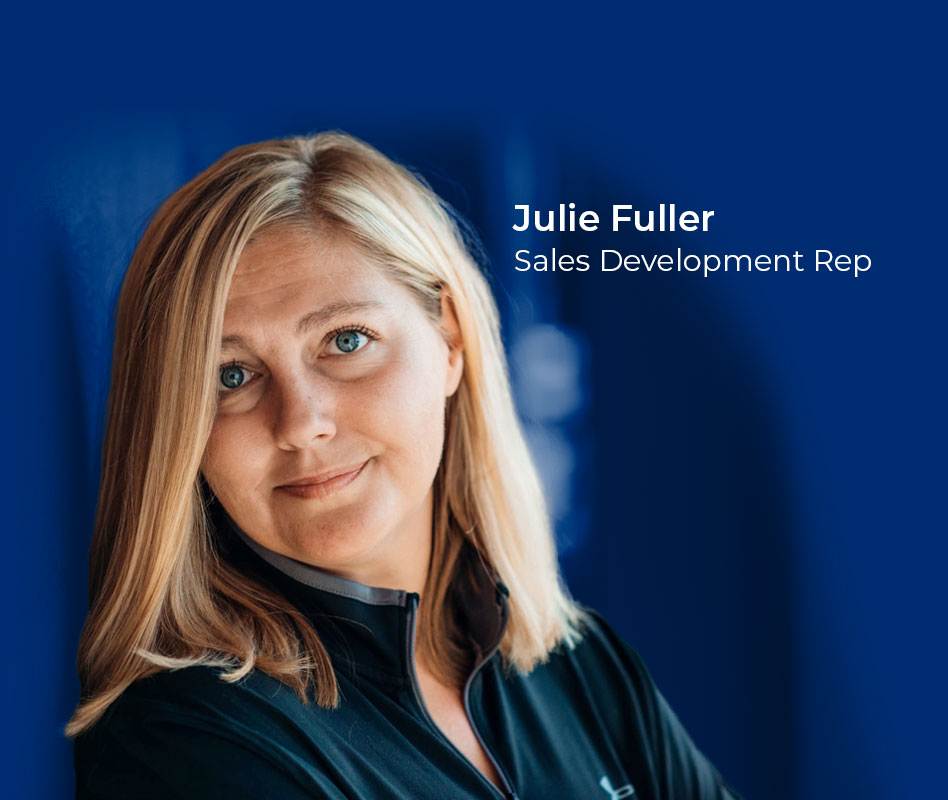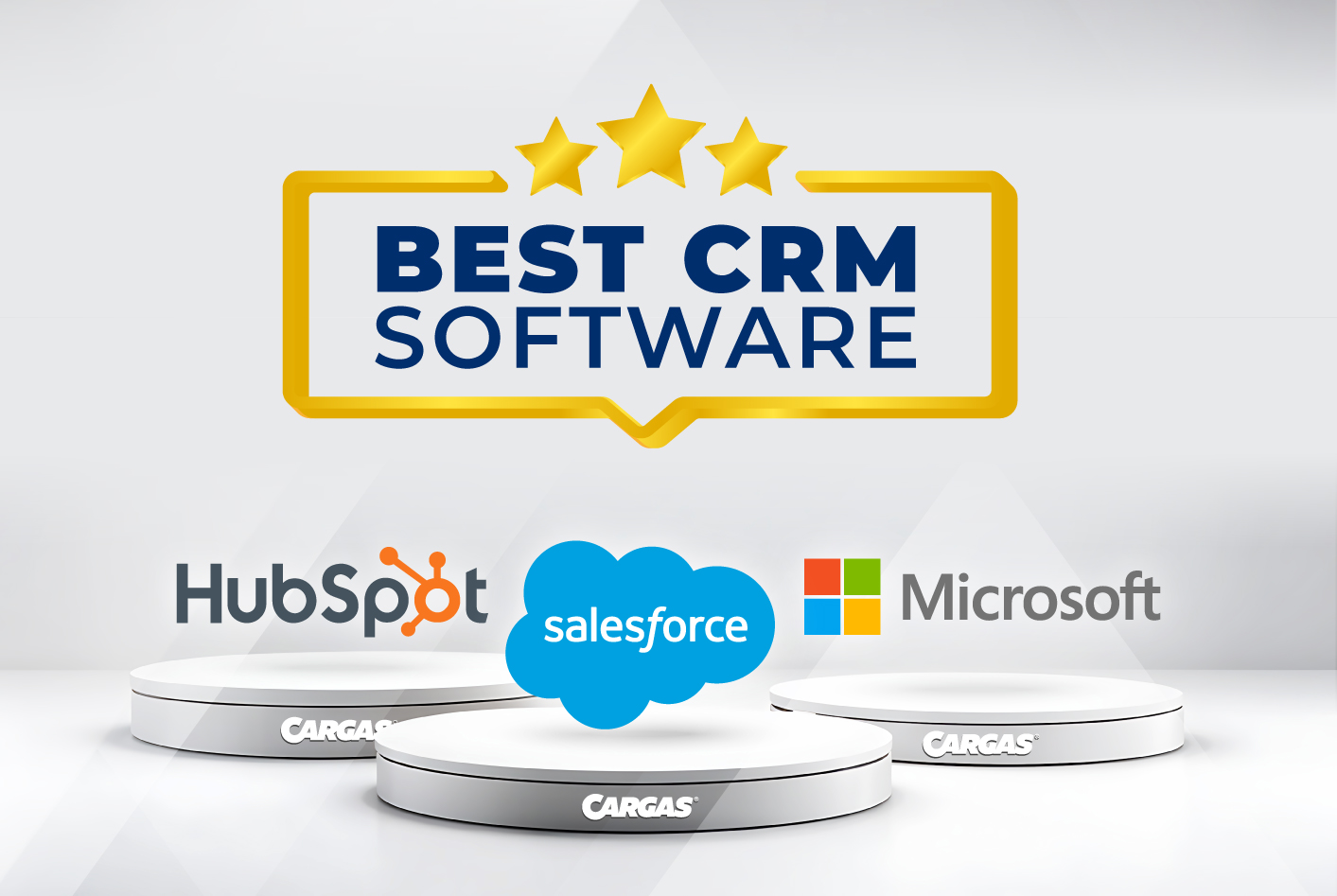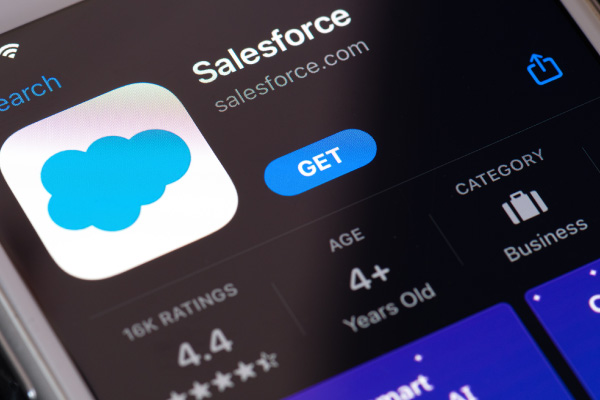COMPARISON | 4 MIN READ
Microsoft Dynamics 365 CRM vs. SugarCRM
Compare two of the top CRM solutions for sales.

Microsoft Dynamics 365 CRM and SugarCRM are two leading customer relationship management solutions with similar features and functions. While they share some capabilities, several vital differences may make one a better fit for your business than the other. In this article we will be comparing the similarities and differences. If you want a side-by-side report, unlock our Dynamics 365 CRM vs. SugarCRM Comparison Report.
Small Business vs. Mid-Market
Features
Dynamics 365 CRM Core Features:
- Forecasting
- Lead and Opportunity Management
- Task and Activity Management
- Marketing Lists and Quick Campaigns
- Products, Price Lists, and Product Bundles
- Quotes, Orders, and Invoices
- CPQ and Data Enrichment Solution Delivery
- Live Org Charts
- Product, Relationships, and Hierarchies
- Competitors, Sales Goals, and Territory Management
- Partner Relationship Management
- Microsoft Office 365 Integration
SugarCRM Core Features:
- Accounting & Financial Services
- Construction
- Government
- Education
- Healthcare & Life Sciences
- Hospitality
- Media & Communications
- Professional Services
- Retail
- Software Companies
Suppose you’re eager to explore additional core and advanced module features offered by Microsoft Dynamics 365 CRM or SugarCRM. In that case, our comparison report is the perfect resource for you. Explore a detailed side-by-side comparison report.
Pricing
Implementation Timeline
The amount of time needed to implement these solutions will be unique to your business depending on your needs, the modules you choose to implement, and any additional customizations or integrations that are part of your implementation project.
Microsoft Dynamics 365 Sales typically takes 8–12 weeks to implement. This timeline can vary based on factors like data migration complexity, the number of customizations, and how deeply it’s integrated with other Microsoft products.
Sugar Sell implementations are generally faster, ranging from 4–8 weeks. Sugar’s more streamlined approach and lower initial complexity often allow for a quicker rollout, especially for teams with straightforward requirements or those transitioning from basic CRM systems.
Integrations
Both Microsoft Dynamics 365 Sales and Sugar Sell offer robust integration capabilities, but they differ in ecosystem depth and approach.
Microsoft Dynamics 365 Sales is part of the larger Microsoft ecosystem, making it a natural fit for businesses already using tools like Outlook, Teams, SharePoint, and Excel. It also integrates seamlessly with other Dynamics 365 modules—such as Marketing, Customer Service, and Business Central—as well as with Microsoft Power Platform tools like Power BI and Power Automate. These native integrations can significantly enhance cross-departmental workflows and data visibility.
Sugar Sell, on the other hand, offers strong flexibility through its open API and pre-built integrations with popular business tools like Gmail, Slack, Zendesk, and various marketing automation platforms. While not as tightly coupled with a unified suite of products, Sugar’s integration capabilities are well-suited for organizations looking to tailor their CRM stack with best-of-breed third-party apps or custom-built connections.
Overall, Dynamics 365 is ideal for businesses committed to the Microsoft stack, while Sugar Sell appeals to teams seeking a more open and modular integration strategy.
Sum It Up
Sugar Sell is a powerful solution for small businesses with tight budgets. Its CRM functionality is completely cloud accessible, allowing your team to track leads, forecast revenue, and manage campaigns, leads, and more. And, since Sugar Sell is cloud software, you won’t have to worry about hardware maintenance or manually scheduling and managing quarterly upgrades.
Dynamics 365 CRM is a solution you can deploy in the cloud, on-premise, or through a mix of the two. It offers modules like Sales and Marketing that you can mix and match to suit your business needs. The software is an excellent option for mid-market organizations and companies using other Microsoft products.
At Cargas, our expert consulting team specializes in Microsoft Dynamics 365 CRM. If you’re struggling to decide which of these solutions is the best fit for your business, we’d love to help. Let’s connect to talk about your needs and what you’re looking for in a software solution.
Dynamics 365 CRM vs. SugarCRM Comparison Report

Take advantage of our side-by-side comparison report by entering your information: ►

Let’s Chat
Still have questions? Get in touch with our expert team of software professionals.


